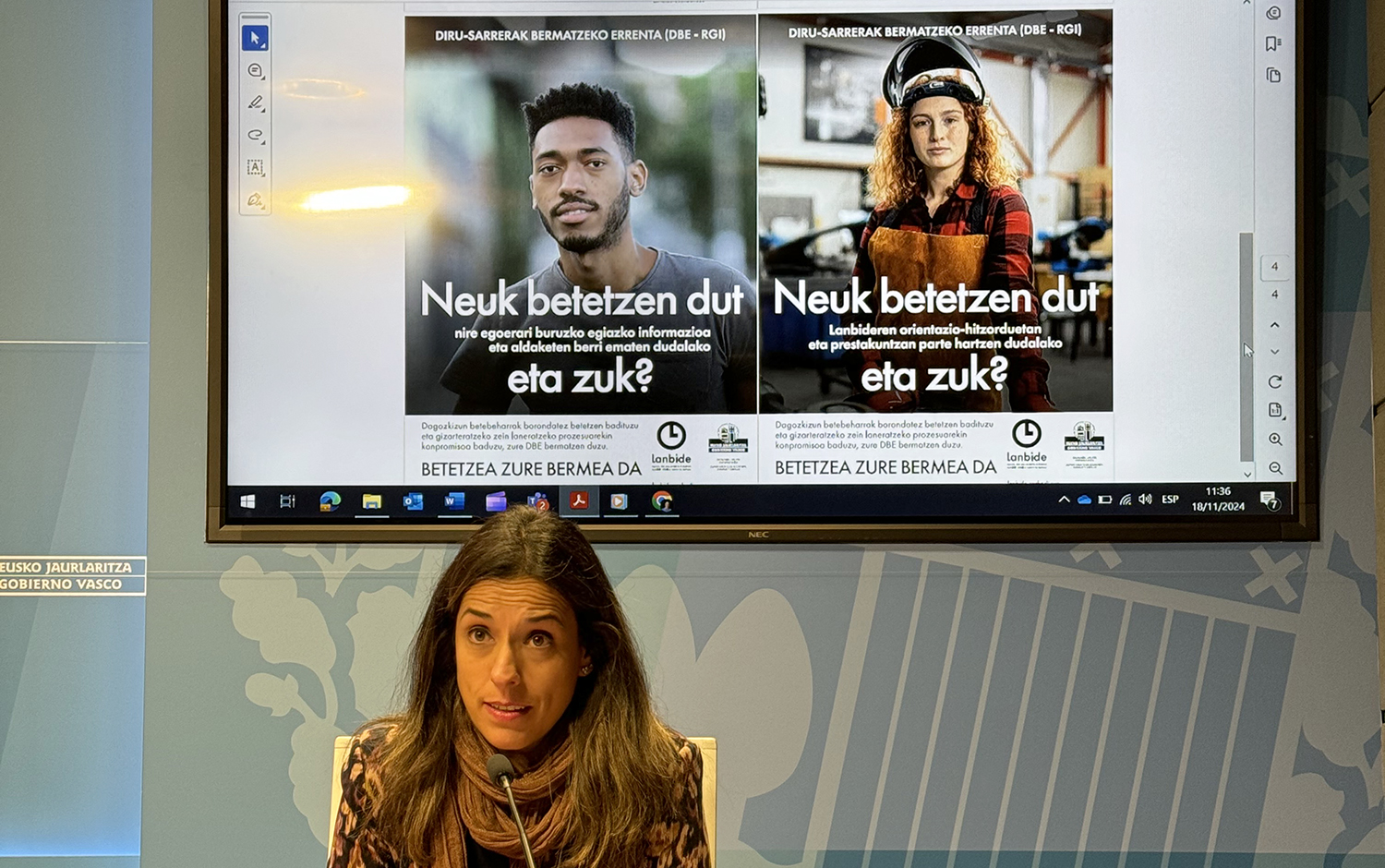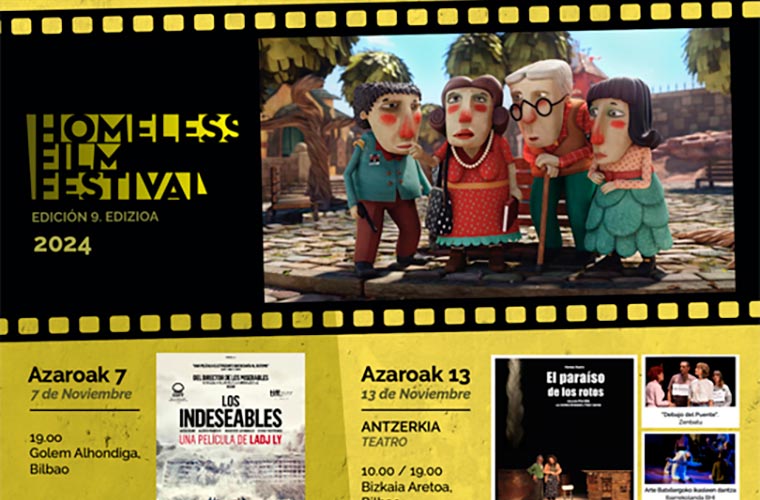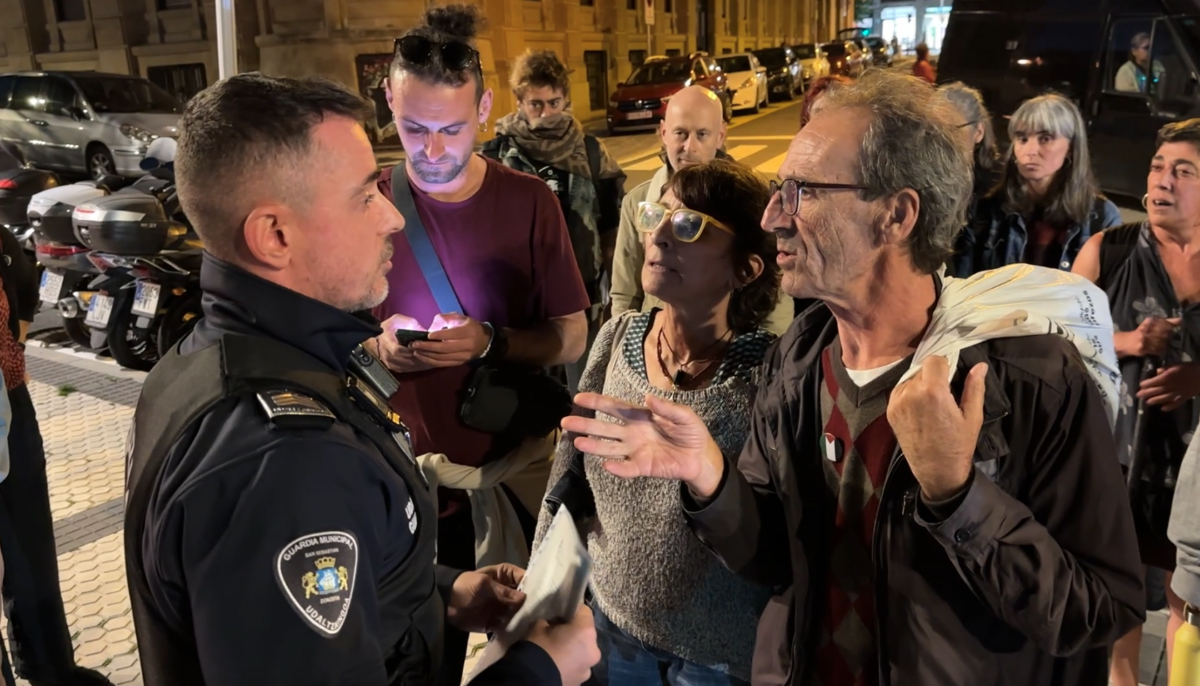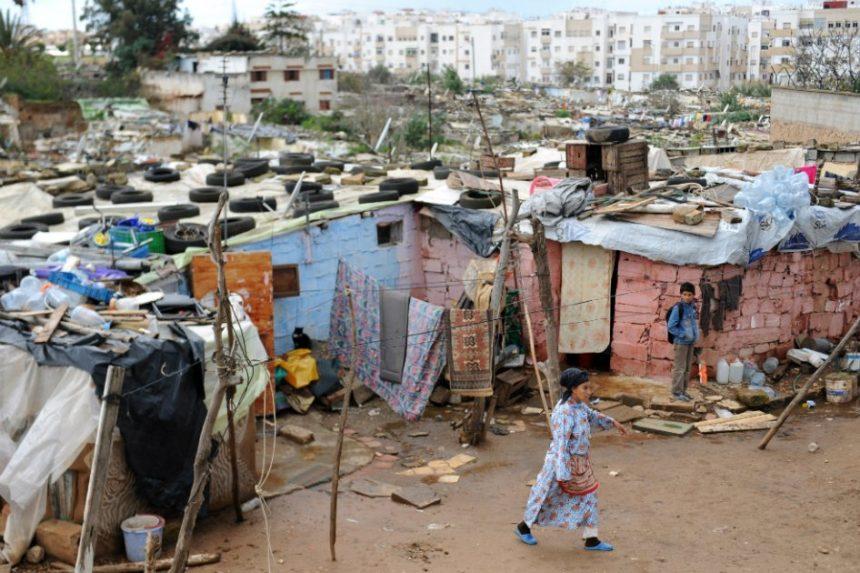SAC: “The dinner ban doesn’t go away, it goes up.”
- Ixiar González Gurrutxaga is a member of the Street Solidarity Dinners (KAS) project. The City Hall of Donostia-San Sebastian on Wednesday has banned the continued offering of hot meals for those who need it. A press conference was convened at 18:00 to make their response known. "We have three options: as it seems that the prohibition is only of Egia, to start spreading in a new space; to continue in the neighborhood through civil disobedience or to strengthen the supply of the neighborhoods we are working in."
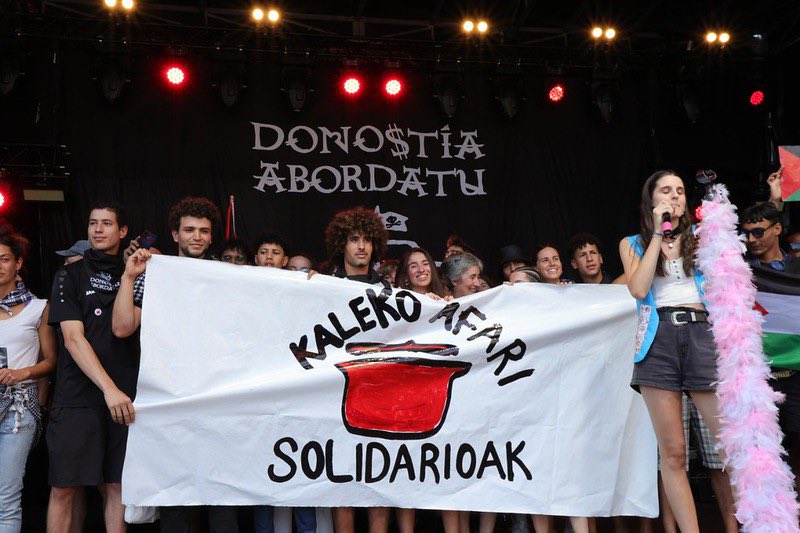
In November 2020, several residents of San Sebastian asked several people who were on the stands of the old town hall what they needed and answered them that they wanted a warm dinner. So they created the KAS project. The group’s activity is to offer a warm meal every day for everyone who needs it. On Monday, 21, a rally took place against the KAS. In addition, the City of Donostia-San Sebastian has prohibited them from continuing community activity in the Gipuzkoan capital. Prohibited KAS prohibitions will not extinguish the fires. Ixiar González Gurrutxaga, a member of the KAS, said that today, 24, the lentils will be collected and distributed. Tomorrow’s volunteers are also prepared to prepare for the next hot dinner for people on the street.
How are you since Monday?
We have not had the opportunity to get together face-to-face, but we have been exchanging messages. On Monday, our goal was to distribute the dinners. Therefore, when we knew that the concentration was at 20:00, we went ahead with the delivery time. We agreed that we did not fall into the confrontation and did not call a concentration against it. After that, the ban came, but we don't know if it was for that, or if it was thought out beforehand.
Is this the first time you have had something like this?
This is the first time that a concentration is made in the name of security at the time of delivery. However, since the Donosti Instagram What You Don't Know Group was created, KAS has been in the spotlight. They have responded with acts and threats, they have gone out to beat people and they have followed those who receive dinner. It's been terrible.

The concentration also included the three ediles of pp from the Gipuzkoan capital. What does that mean?
As a group I do not know, but the participation of some political representatives in this kind of thing makes me feel that little can be expected of them.
They have received the verdict of the ban, but they have not given them any documents. So far what attitude has the City Council taken?
In these four years, we've had four or five meetings, and we've all asked for a social dining room. We believe that food is a specific solution for the exercise of this right, but beyond that, intervention with people on the street goes. In Donostia-San Sebastián there are more than 200 people on the street, and municipal services are insufficient to serve all of them. Instead of taking action, social control and police presence in the area have increased.
Maybe so far a lot of people didn't know the KAS, how would you explain what it is?
It is a Community initiative, collective, open, participatory and inclusive. The goal of KAS is to offer a warm dinner every day without interruption to anyone on the street. It is a Community initiative and action that we are building over time. We are taking political action through practice. We are now seeing the theoretical framework and the political discourse that is at the basis of this action, but we have not defined it among ourselves, because we have departed from practice. We must not forget that the most important thing is action, the way of working and solidarity. In addition, we rely on self-management.
The Security Council of Donostia-San Sebastián, Martín Ibabe, has pointed out that the ban on dinners “is due to the only and exclusive security problem that is occurring in the area”. What will happen if the City Hall does not offer alternatives?
These people will be more hungry and security rather than going up will come down. When you're hungry and don't have money to buy, what are you going to do? By banning dinners, the need does not disappear, it increases. We must go to the root of burglaries, incidents, etc. And look for a comprehensive answer. The ban on dinners will not be a solution.
They have already said that they are going to continue with the distribution. How have you faced the ban?
We are still seeing it, so we do not have a concrete answer. With the information we have at the moment there are three options: apparently, the ban is only from Egia, so it is an option to start in a new space; continue in the neighborhood through civil disobedience or strengthen the supply of the neighborhoods we are working in. I don't know beyond those possibilities.
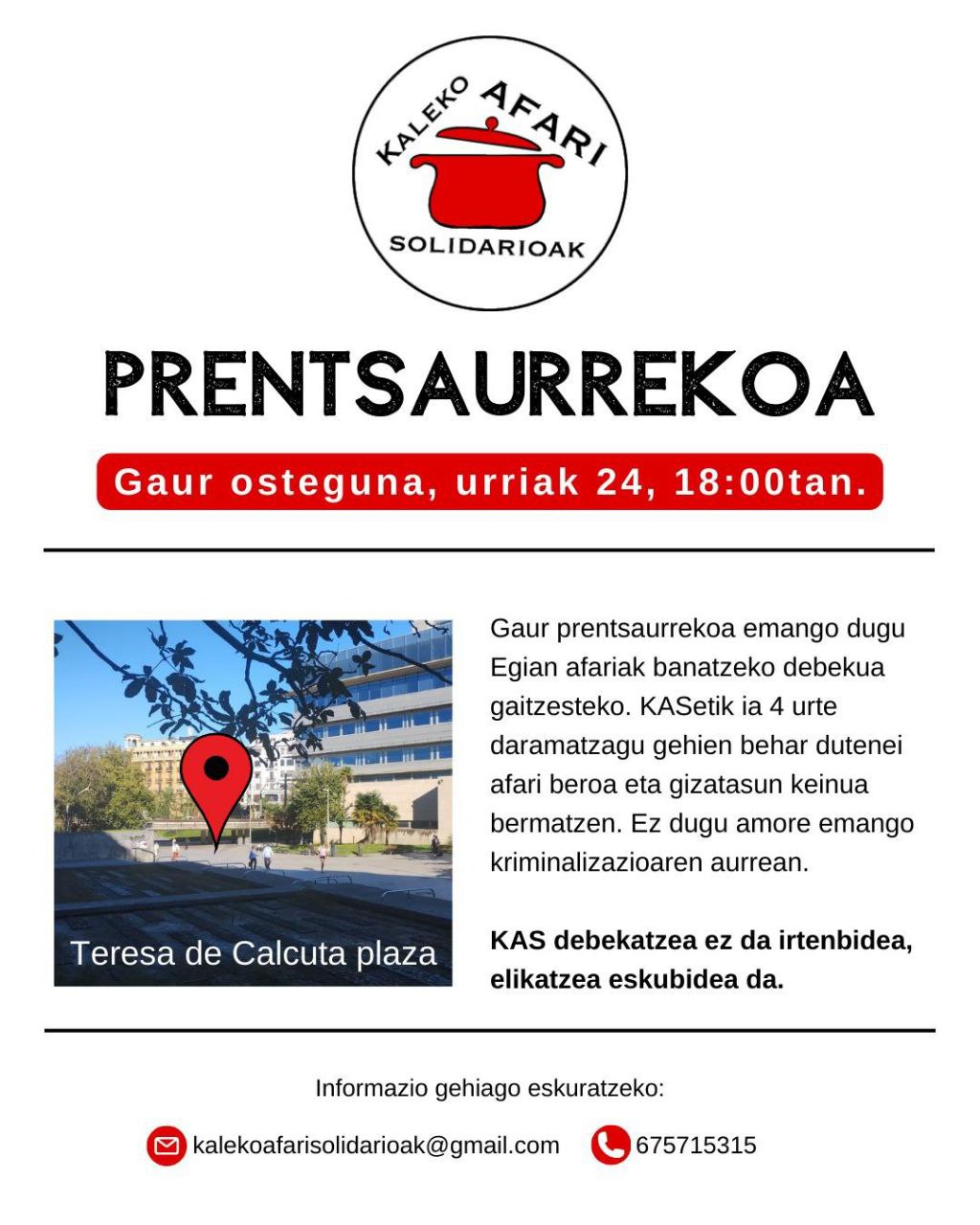
Gasteizko Errotako (Koroatze) auzoan izan diren manifestazio "anonimoek" kolokan jarri dute auzokoen arteko elkarbizitza. Azalera atera dituzte ere hauetan parte hartu duten partidu politiko batzuen eta beste kide batzuen izaera faxista eta arrazista.
In this frenetic and vertiginous world in which we live, the social changes that take place little by little seem to us to be sometimes imperceptible, irrelevant or insignificant. That is not the case, however, and we have to be aware of it in order to act wisely. An example of... [+]








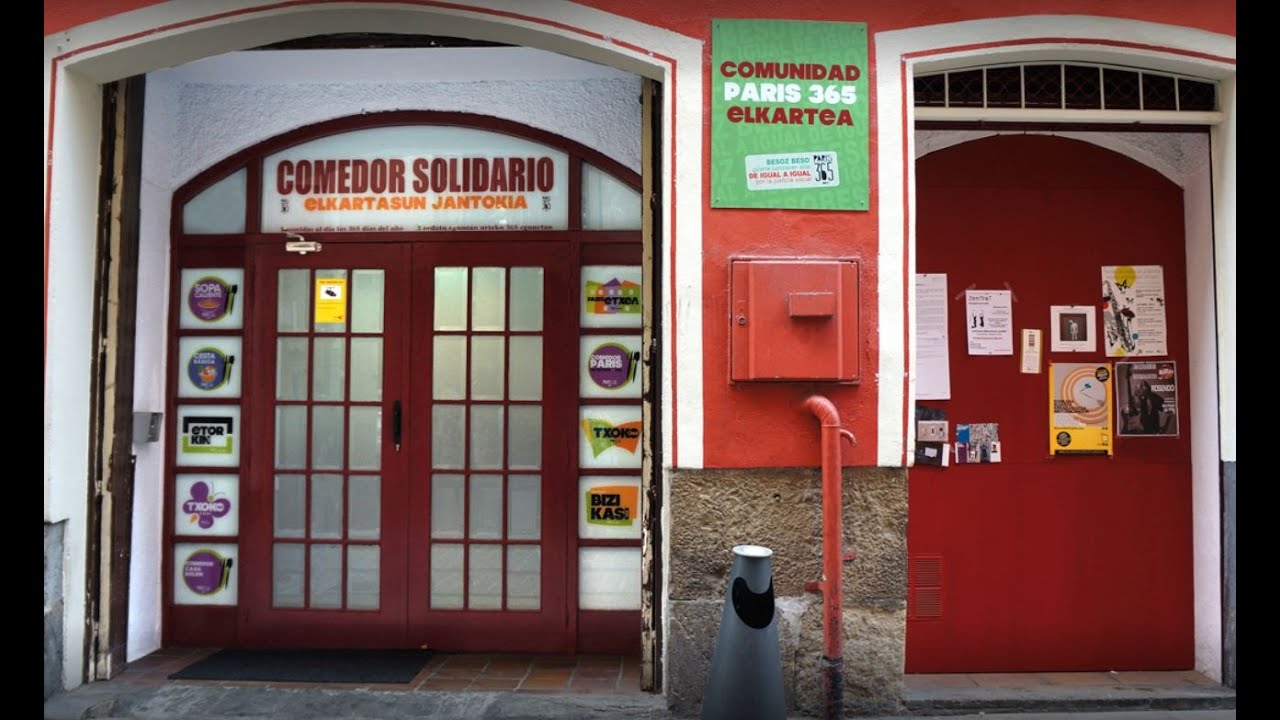
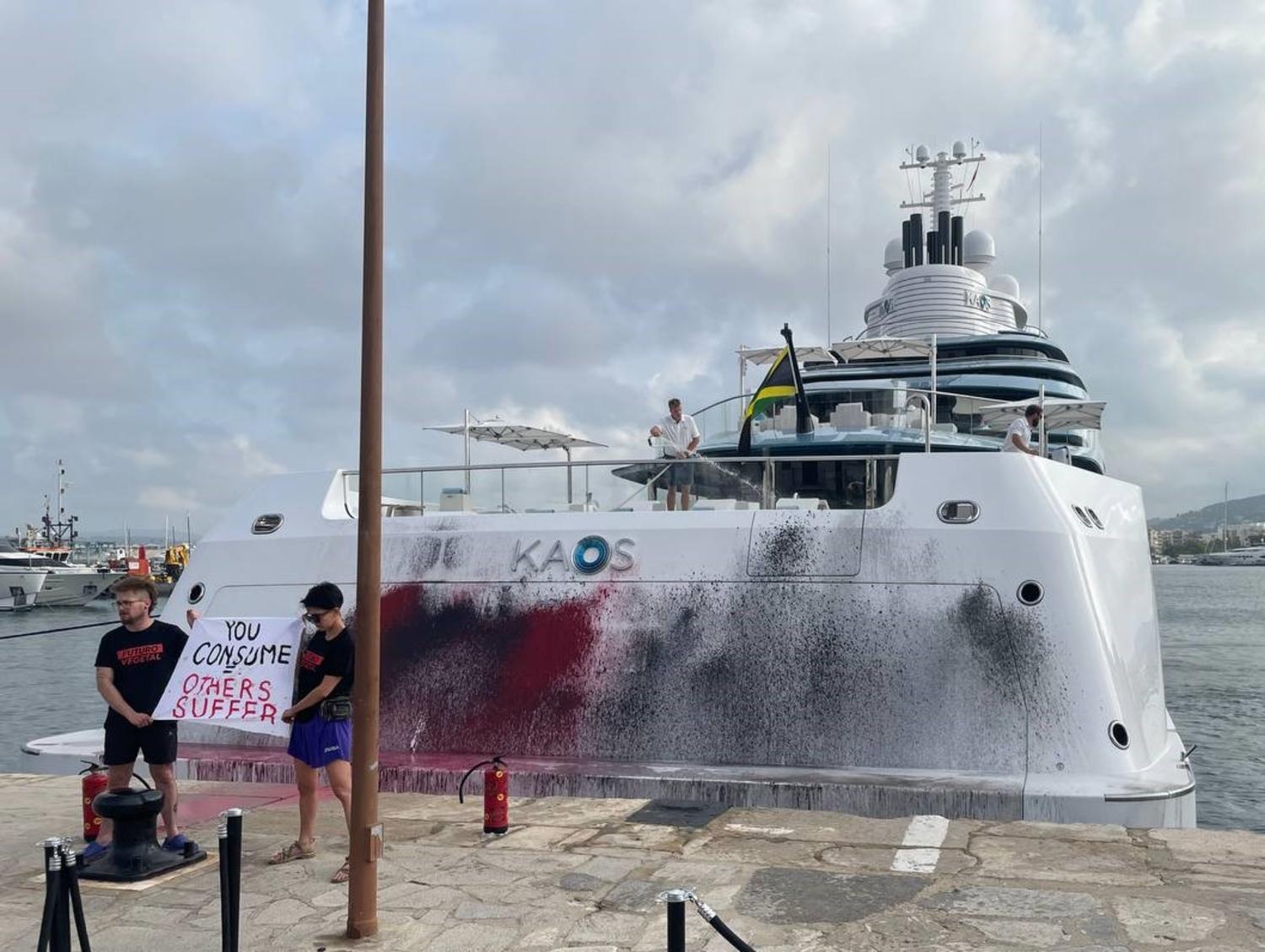
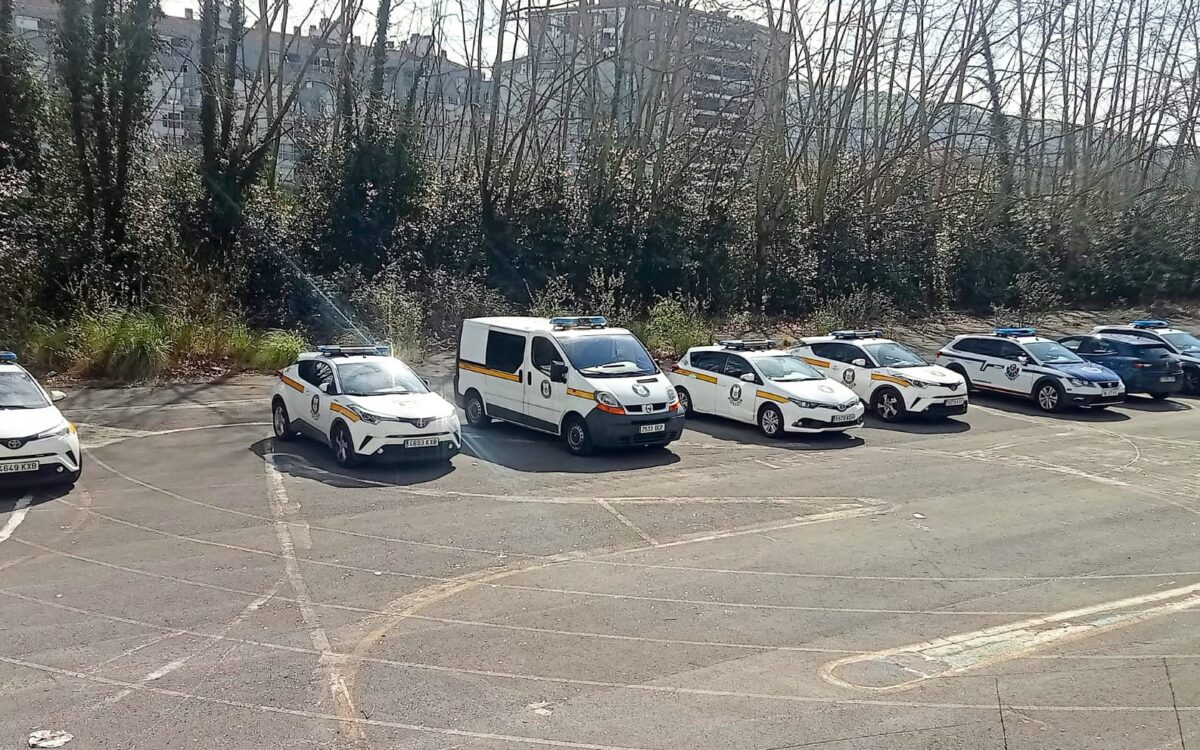

.jpeg)
